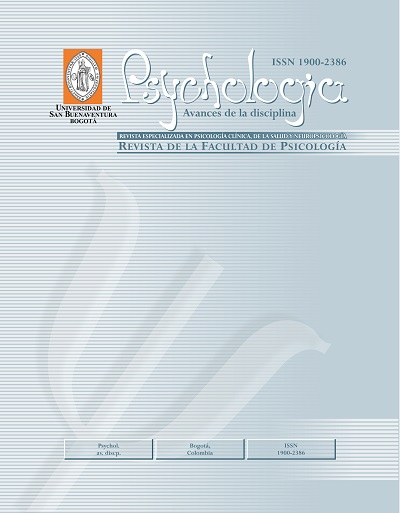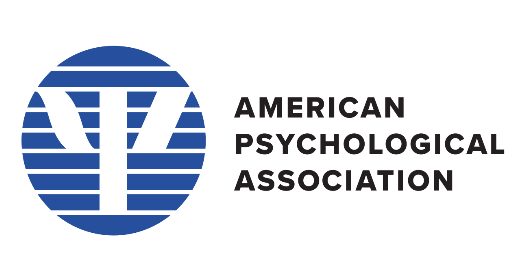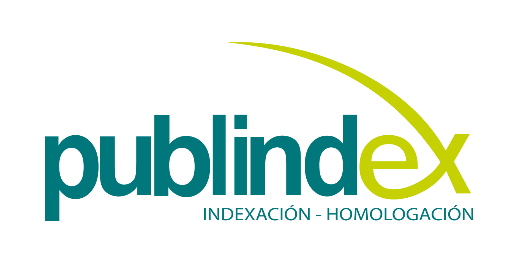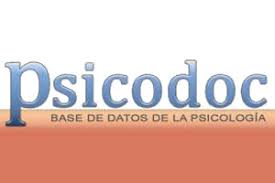This journal provides open, immediate access to its contents, based on the principle that offering the public free access to research helps to promote a higher global exchange of knowledge.
As such, all journal articles are published under a Creative Commons Attribution-NonCommercial-ShareAlike 4.0 International License (CC BY-NC-SA), by which commercial use of the original work or its possible derived works is not allowed, and the distribution thereof must be done with the same license elements regulating the original work.
http://creativecommons.org/licenses/by-nc-sa/4.0/
Abstract
Research on the assessment of social anxiety in Ibero-America is scarce. In recent years, the psychometric characteristics of the Social Anxiety Questionnaire for adults (SAQ) have been reported in different Ibero-American countries except Peru. The aim of this study was to analyze the construct and the convergent validity, and the reliability of the SAQ, using a non-clinical sample of 3064 Peruvians. The confirmatory factorial analysis showed that the model of five-related factors was better adjusted to the data than the hierarchical model, and that the unifactorial model did not have a good fit. The correlations between their factors (from .608 to .709) indicate that each of them evaluates specific aspects of the construct and also contribute to the overall measurement of it. The reliability coefficients were from acceptable to very good (.78# w# .85, .75# w# .83). The high correlation (r= .69) with the Anxiety subscale of the “Liebowitz Social Anxiety Scale-Self-Report version” (LSAS-SR) supports its convergent validity. These appropriate psychometric characteristics of the questionnaire support its use with the Peruvian population.





















